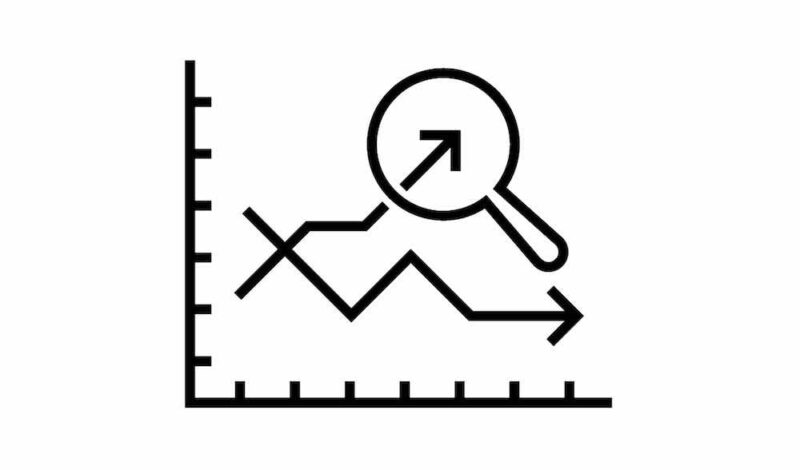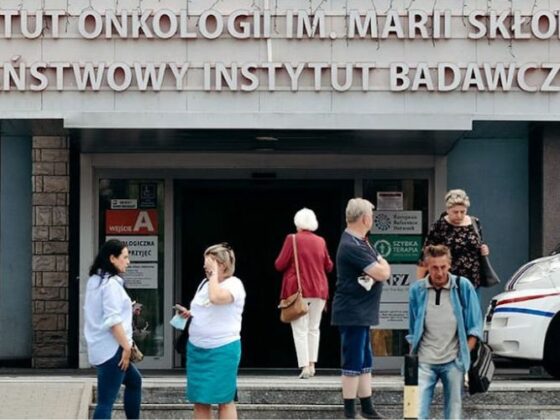Use of whole exome sequencing improves prediction of response to immune checkpoint blockade (ICB). The study, published in Nature Communications, 8 July, shows incorporation of the CIRCLE tool, including new genes and pathways identified from whole exome sequencing, leads to improvements in both sensitivity and specificity.
“These results suggest that the use of broader diagnostics, such as whole exome or even whole genome sequencing, may significantly improve our ability to predict who will respond to immunotherapy – essentially showing that more data does help to better predict treatment response,” says Marcin Imieliński, the study’s senior co-author (Weill Cornell Medicine, New York).
Immune checkpoint blockade (ICB) has transformed treatment of metastatic cancer. However, unfortunately only a subset of patients respond long-term. With the cost of ICB drugs and serious side-effects associated with use, there is a need for response biomarkers. Already, biomarkers (including age, tumour type, and tumour mutational burden) are known to correlate with immunotherapy response.
In the current study, Imieliński and colleagues combined data from six previous immunotherapy studies of patients with melanoma, lung cancer, bladder cancer, and head and neck cancer. In total, the investigators were able to access data on 319 patients treated with ICB (either anti-PD-1 or anti-CTLA) for whom whole exome sequencing was available. Whole exome sequencing is a method for sequencing the part of the genome that codes for proteins (around 20,000 genes, or two percent of the genome).
In the cohort of 319 patients (using RECIST classification criteria) the team identified 14 complete responders, 80 partial responders, 47 with stable disease, and 178 with progressive disease. For the purpose of the investigation, complete and partial responders were classified as ‘responders’ and progressive disease patients as ‘non-responders’.
The team used the ‘fishHook’ model to distinguish mutations driving cancer from background mutations occurring by chance that are not involved in cancer. The approach yielded six genes with suspiciously high mutational burdens.
Next, the investigators determined if any of the six genes were enriched in people who responded or people who did not respond. They found that KRAS and BRAF were enriched in patients who responded to immunotherapy while TP53 and BCLAF1 were enriched in patients who did not respond. The team also found that certain pathways (MAPK signalling, p53 associated, and immunomodulatory) predicted response to checkpoint inhibitors.
The team then combined the four genes and three pathways with other predictive variables (age, tumour type and tumour mutational burden) to create the Cancer Immunotherapy Response CLassifiEr (CIRCLE) tool.
To validate their approach, investigators then tested the CIRCLE tool on data from 165 additional cancer patients treated with immunotherapy who had undergone whole exome sequencing. They found that, in comparison to tumour mutational burden alone, CIRCLE led to superior prediction of ICB response, with a 10.5% increase in sensitivity and an 11% increase in specificity.
“We envision that CIRCLE and more broadly the analysis of recurrently mutated cancer genes will pave the way for better prognostication tools for cancer immunotherapy,” write the authors. “While panel testing is already used routinely in immune-oncology, our results suggest that the use of broader diagnostics (including whole exome sequencing and whole genome sequencing) may significantly improve this stratification of responders and non-responders.”
In the clinical application of the CIRCLE classifier, write the authors, a practical challenge will be the need for WES [whole exome sequencing] to assess the mutation status of genes and pathways that are not commonly included on cancer gene panels (e.g. BCLAF1). “We hope that our study and other similar analyses will motivate more formal and prospective explorations into the routine clinical utility of these broader genomic assays,” they conclude.












